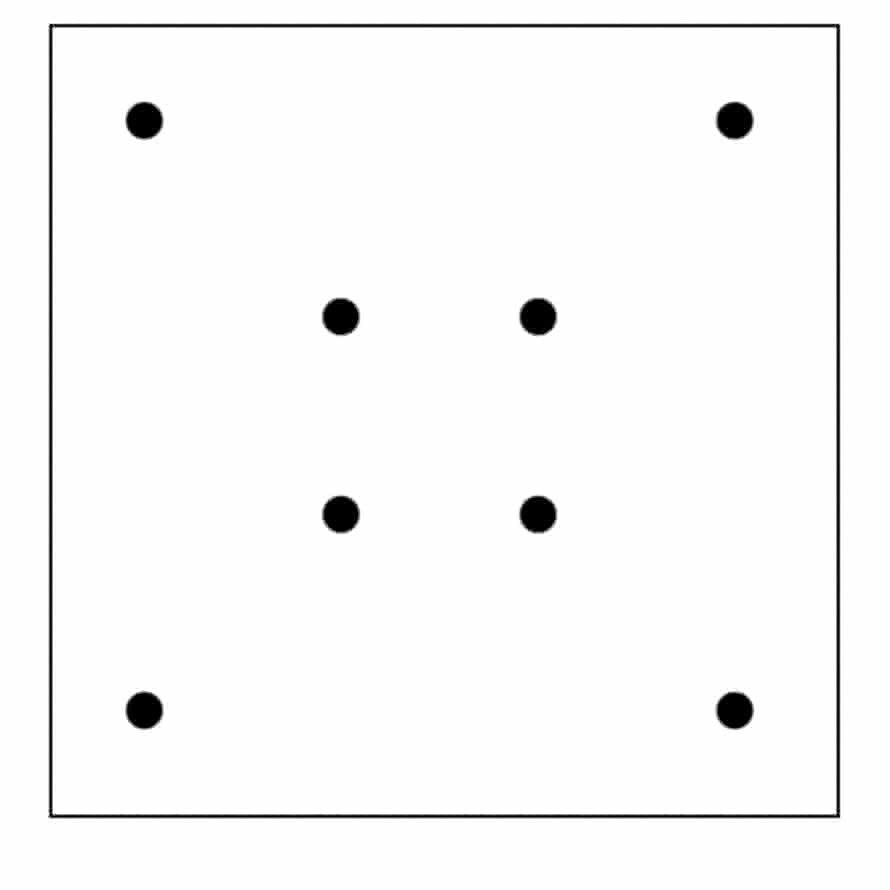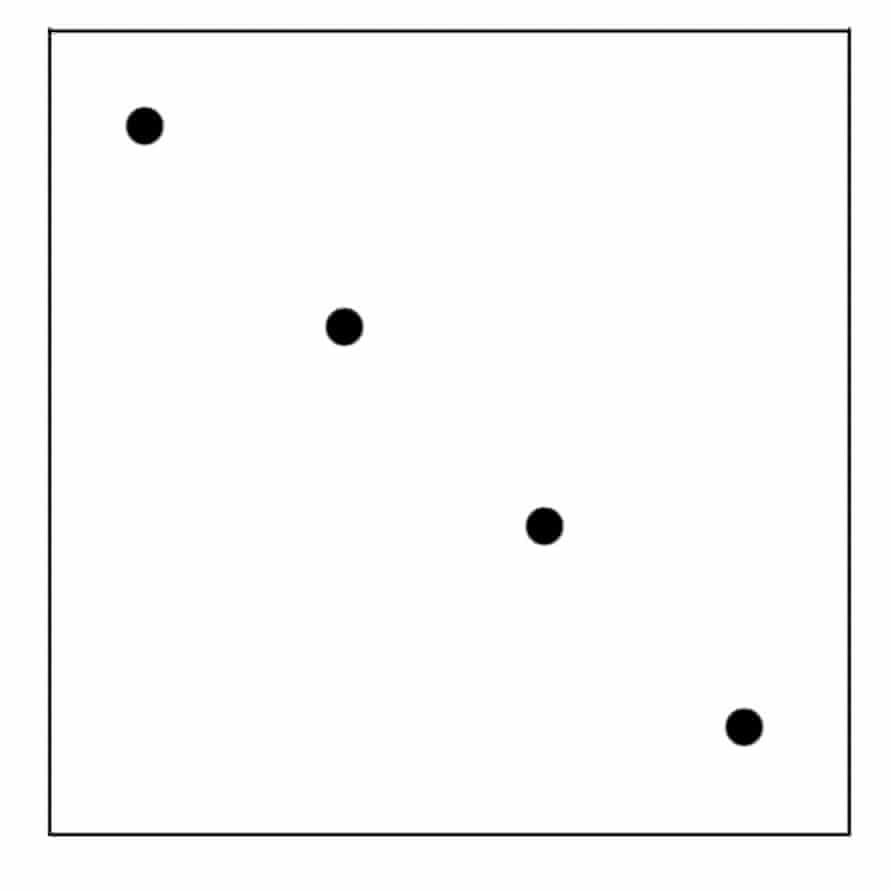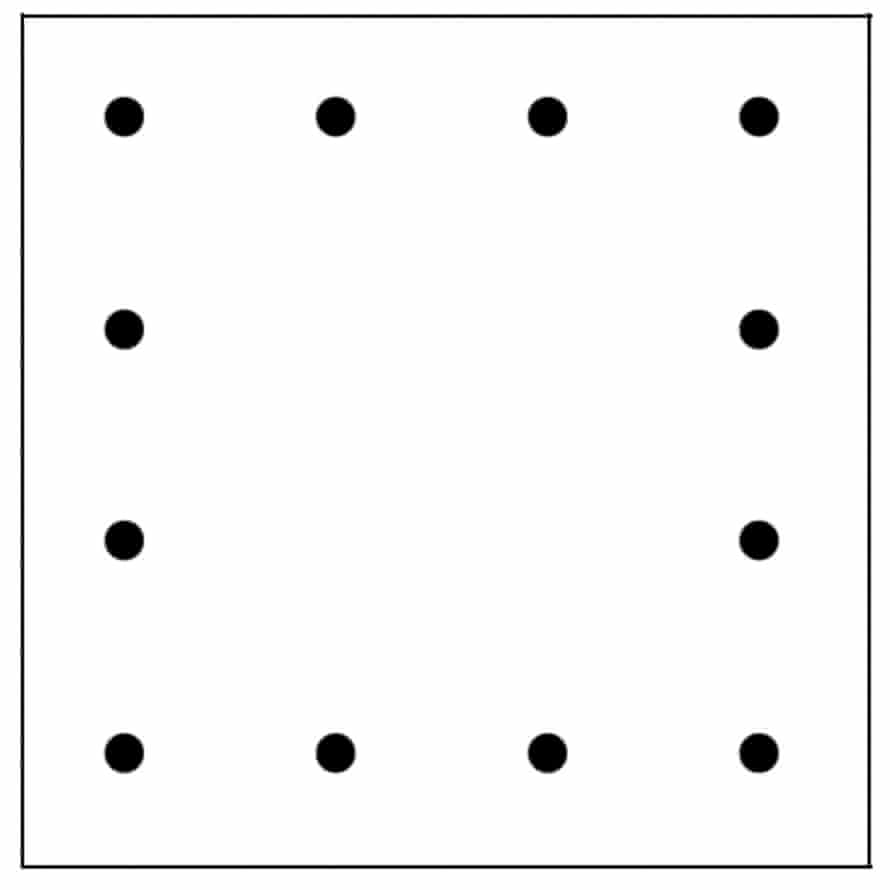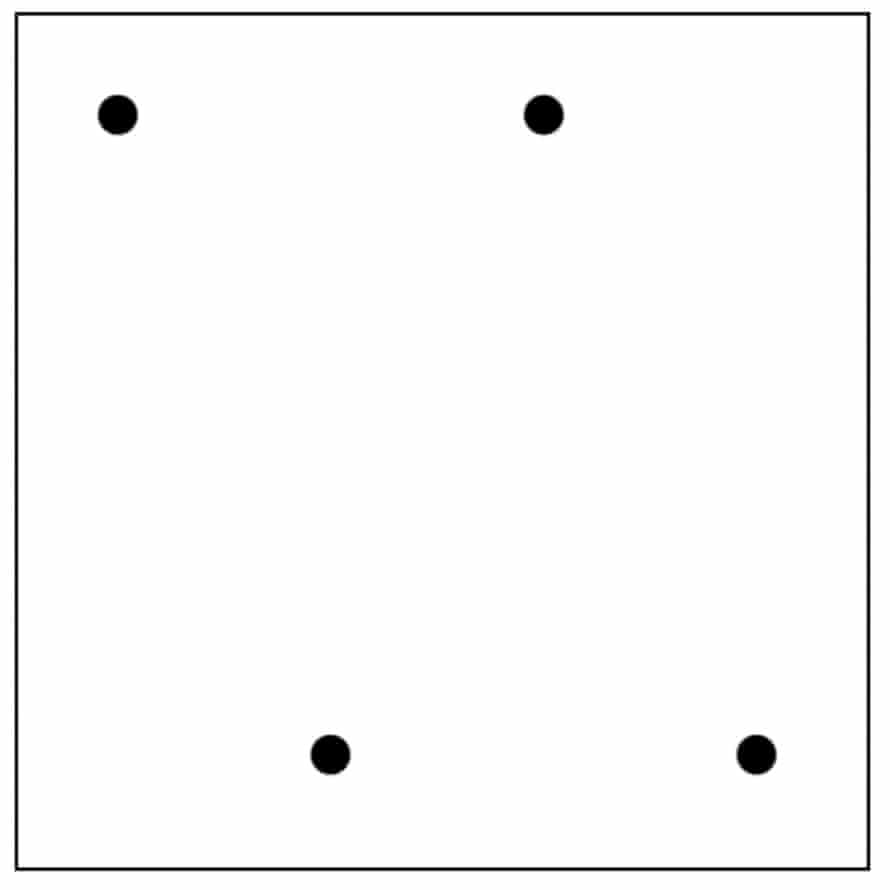Today’s puzzles require you to roll up your sleeves and wrestle with a square piece of paper.
Because this is the best way to become brilliant at a maths. Or so concludes a recent study by developmental psychologists at Surrey, Toronto and Maryland universities.
The report – a meta-analysis that combined the results of 29 separate studies involving almost 4,000 children – says that activities that train spatial reasoning like paper folding, building with blocks, and solving three-dimensional puzzles are by far the most effective way for young people to raise their maths performance.
“When children learn the relationship between space and shapes through tangible physical tools such as puzzles, their mathematics performance improves,” says Dr Katie Gilligan-Lee of the University of Surrey, a co-author of the report. “We found that spatial training with physical 3D materials led to bigger gains than computer-based training or workbook activities. So physically holding, rotating, turning and combining objects with your hands is much more effective than using a mouse to do spatial computer games.”
In fact, spatial reasoning training is more effective than maths mastery classes, summer school, chess clubs, getting older kids to help younger ones, and other parental and school interventions.
Yet fiddling about with physical puzzles is a neglected part of educational practice and policy. Dr Gilligan-Lee thinks that increasing spatial training in the classroom could dramatically improve mathematics outcomes in the UK, which lags behind its international competitors at STEM skills. “This is particularly true given that people find spatial activities and puzzles to be engaging, fun, and importantly they are perceived to be non-academic.”
Now to today’s tasks. I hope you enjoy them as much as I did. There is something incredibly satisfying about connecting directly with an object, unmediated by writing on paper or thinking in abstractions.
Note: For all the puzzles you require a square sheet of paper. For the final puzzles you may require a hole punch or sharp object.
1. The triangle fold
Fold a square paper in such a way that fold lines (and possibly an edge) mark an equilateral triangle. (Compass and ruler not allowed!)
2. The 3D shape
Can you fold a square sheet of paper so that it makes a closed 3D shape, with no overlaps, gaps or extraneous flaps of paper? You cannot, for example, fold the square to make a cube since you will create an overlap or extra flaps.
Hole punch puzzles
For each of the next puzzles, you must take a square piece of paper and fold it, using as many folds as is needed, so that if you punch a single hole through the folded paper you will match the image when the paper is fully unfolded.
3. The X

4. The diagonal

3. The ring

4. A hole punch in the head

I’ll be back at 5pm UK with the solutions. Please discuss your favourite physical puzzles below the line.
Puzzle 1 is taken from The Paper Puzzle Book, puzzle 2 is taken from the Two-Minute Puzzle Book, both excellent and published by World Scientific.
The hole punch puzzles are taken from Mark Chubb’s brilliant blog Thinking Mathematically. You can download printable sheets of these puzzles here. Thanks to World Scientific and Mark Chubb for permissions.
The full reference to the paper mentioned above is: Hawes, Z. C. K., Gilligan-Lee, K. A., & Mix, K. S. (2022). Effects of spatial training on mathematics performance: A meta-analysis. Developmental Psychology, 58(1), 112-137.
I set a puzzle here every two weeks on a Monday. I’m always on the look-out for great puzzles. If you would like to suggest one, email me.
I’m the author of several books of puzzles, most recently the Language Lover’s Puzzle Book. I also give school talks about maths and puzzles (online and in person). If your school is interested please get in touch.
On Thursday 21 April I’ll be giving a puzzles workshop for Guardian Masterclasses. You can sign up here.

